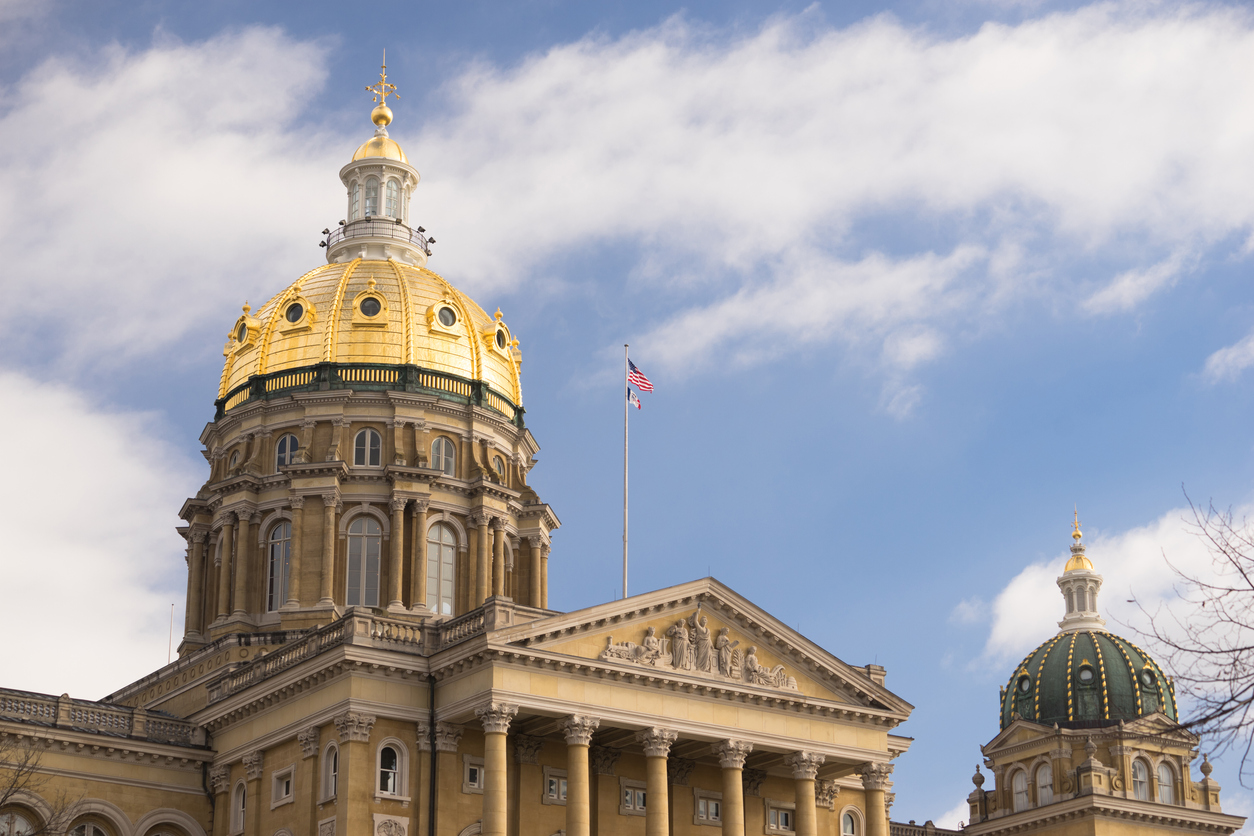06-16-2020 |
COVID-19 Back-to-Business Limited Liability Act Awaits Governor’s Signature
By: BrownWinick

Last week, the Iowa General Assembly passed Senate File 2338. The legislation includes the COVID-19 Response and Back-to-Business Limited Liability Act. The Act, which applies retroactively to January 1, 2020, provides liability protection from civil actions relating to COVID-19 exposure to certain “premises,” including real property serving a commercial, residential, educational, religious, governmental, cultural, charitable, or health care purpose.
Actual Injury Requirement in Civil Actions
Under the law, in order for an individual to bring a civil action alleging exposure to COVID-19, one of the following must apply:
- The civil action relates to a “minimum medical condition,” which includes a diagnosis of COVID-19 that (i) required inpatient hospitalization, or (ii) resulted in death; or
- The civil action involves intent to cause harm or actual malice on the part of the person who controls the premises.
Premises Owner’s Duty of Care
The Act provides broad liability protection for business owners, health care facilities, and religious institutions. In most instances, the person in possession of the premises will not be liable when individuals enter the premises and contract COVID-19. However, there are exceptions to this liability limitation. Namely, if the premises owner acts with reckless disregard, actual malice, or intentionally exposes the individual to COVID-19, the liability protection is extinguished.
Safe Harbor
Importantly, the Act provides a safe harbor from civil damages related to injuries from exposure to COVID-19. If the act or omission alleged to violate a duty of care substantially complied with statutes, regulations, or public health guidance regarding COVID-19, a person will not be held liable for the individual’s exposure. Practically speaking, businesses who implement social distancing, cleaning, and PPE measures outlined in federal and state guidance would likely qualify for this safe harbor.
The legislation is awaiting Governor Reynolds’ signature, which is expected soon.
